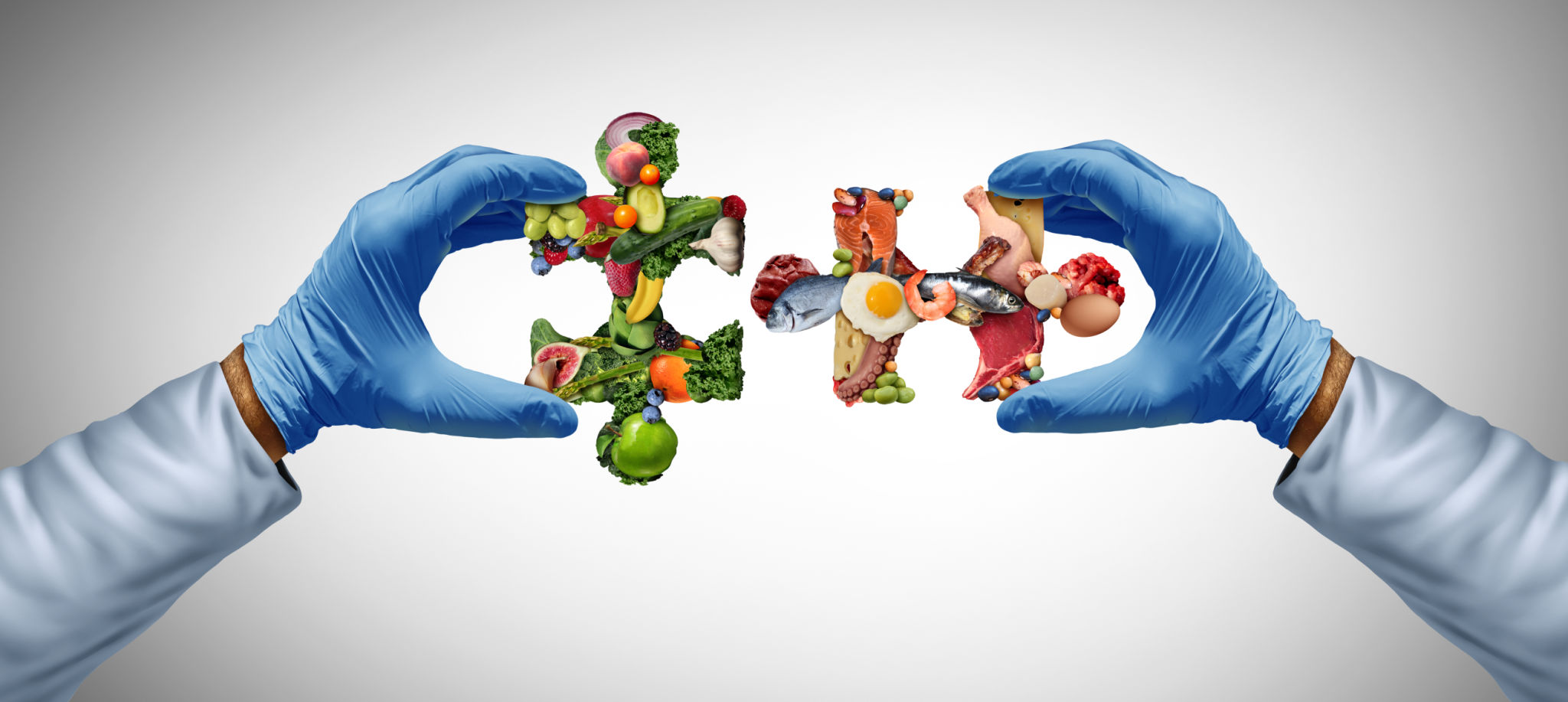Beyond the Plate: Understanding the Biology of Nutrition for Teen Athletes
The Importance of Nutrition in Teen Athletes
Teen athletes have unique nutritional needs that differ significantly from their non-athletic peers. The energy demands of intense training and competition require a carefully balanced diet to ensure optimal performance and recovery. Understanding the biological aspects of nutrition can help athletes make informed choices about what they eat and how it affects their bodies.
Proper nutrition helps in building and repairing muscles, maintaining energy levels, and supporting overall growth and development. For teen athletes, who are still in their growth phase, getting the right nutrients is crucial for both athletic performance and long-term health.

Macronutrients: The Building Blocks
Macronutrients, comprising carbohydrates, proteins, and fats, are the primary sources of energy for the body. Each plays a distinct role in an athlete's diet:
- Carbohydrates: These are the body's main energy source, especially during high-intensity activities. Carbs should make up a significant portion of a teen athlete's diet to fuel their training sessions and competitions.
- Proteins: Essential for muscle repair and growth, proteins should be consumed regularly to support the increased demands of an athlete’s body.
- Fats: While often misunderstood, healthy fats are vital for energy storage and hormone production. They should be included in moderation within a balanced diet.
Micronutrients: Small but Mighty
Micronutrients, including vitamins and minerals, play a crucial role in maintaining health and enhancing performance. They support numerous bodily functions such as bone health, immune function, and energy metabolism.
For instance, calcium and vitamin D are essential for bone strength, which is crucial for preventing injuries. Iron is vital for oxygen transport in the blood, affecting endurance and overall performance.

The Role of Hydration
Staying hydrated is just as important as eating well. Water regulates body temperature, lubricates joints, and transports nutrients throughout the body. Dehydration can lead to fatigue, cramps, and diminished performance. Teen athletes should be mindful of their hydration levels before, during, and after physical activity.
A good rule of thumb is to drink water regularly throughout the day and consider sports drinks only when engaging in prolonged or intense activities that cause significant sweat loss.
Meal Timing and Composition
When it comes to meal timing, what and when teen athletes eat can significantly impact their performance. Consuming a balanced meal 2-3 hours before an event can help store energy adequately. Snacks rich in simple carbohydrates can offer quick energy boosts about 30 minutes prior to activity.

Post-workout nutrition is equally essential. Consuming a mix of proteins and carbohydrates after exercise aids in muscle recovery and replenishes glycogen stores. This is often referred to as the "recovery window," where nutrient uptake is maximized.
Navigating Dietary Challenges
Teen athletes may face various challenges in maintaining optimal nutrition, such as busy schedules or limited access to healthy food options. Planning meals ahead of time and choosing whole foods over processed options can help address these issues.
Parents, coaches, and nutritionists can play a supportive role by educating young athletes on making healthier food choices and understanding the importance of nutrition beyond the plate.
